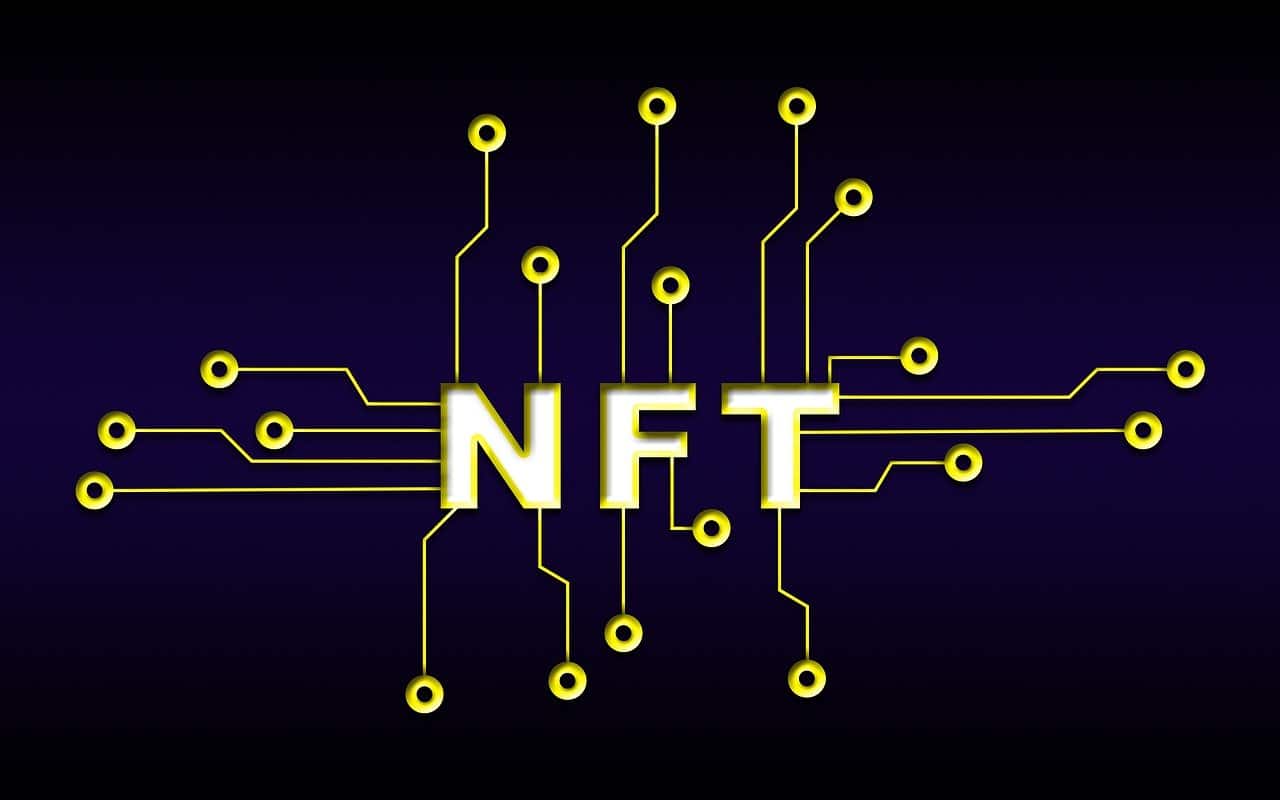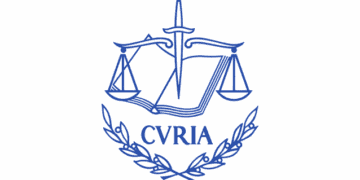What is it all about?
In “keyword advertising,” advertisers book so-called keywords with a search engine operator, and when they are entered, the advertisements they have purchased are displayed in the list of results. If the advertiser uses a trademark or a trademark-protected designation of a third party as a keyword for his advertisement, the question often arises as to whether this constitutes an infringement of the trademark or the corporate designation.
This question was addressed by the 2nd Civil Senate of the Higher Regional Court of Braunschweig in its ruling of February 9, 2023 (Case No. 2 U 1/22), which was based on the following facts:
The defendant, an operator of a comparison portal for credit mediation offers on the Internet, used the term “smava” as a keyword. Their advertisement then appeared in second place in the list of search results after an advertisement by the plaintiff, who is the owner of the word mark “smava” and also operates an online comparison portal for installment loans under its business name “smava GmbH”. The plaintiff considered this to be an infringement of its trademark rights and unfair advertising. The Regional Court of Braunschweig largely upheld the claim for injunctive relief and a declaration of liability for damages.
Higher Regional Court corrects the Regional Court
However, the defendant’s appeal against this was now successful. The Higher Regional Court of Braunschweig dismissed the action in its judgment of February 9, 2023 (Case No. 2 U 1/22).
There was no infringement of the trademark or corporate designation. According to the case-law of the European Court of Justice, the proprietor of a trade mark may oppose the use of a sign identical with that trade mark only if one of the functions of the trade mark would thereby be impaired. One of the main functions of a trademark is to indicate to the consumer the origin of the marked goods or services in order to enable him to distinguish between products of different companies.
Such an impairment was not given in the present case. According to the applicant, a reasonable internet user could recognize from the advertisement that the service offered by the defendant – namely the mediation of credit offers – did not originate from the trade mark proprietor. First of all, the labeling as “advertisement” above the text indicates that it is a paid advertisement. It also does not mention the trademark “smava”, nor does the text make any reference to the plaintiff. Also, the domain name of the defendant points to a different business origin of the offered service. Since the applicant’s service is not denigrated or imitated, there is also no unauthorized use of the mark.
Finally, no unfair competition could be established in the form of inappropriate influence on customers in order to win them over.
The Senate did not allow the appeal.
The previous case law
The Federal Court of Justice already ruled in 2013 that an advertiser does not impair the origin-directing function of its products or services if its advertisement appears in an advertising block that is clearly separated from the hit list and marked accordingly, and if the advertisement itself does not contain the trademark associated with the advertisement and does not otherwise contain any reference to the trademark owner or the products offered under the trademark.
Accordingly, the OLG Frankfurt a.M. also ruled similarly in its judgment of February 10, 2022 (6 U 126/21).













































